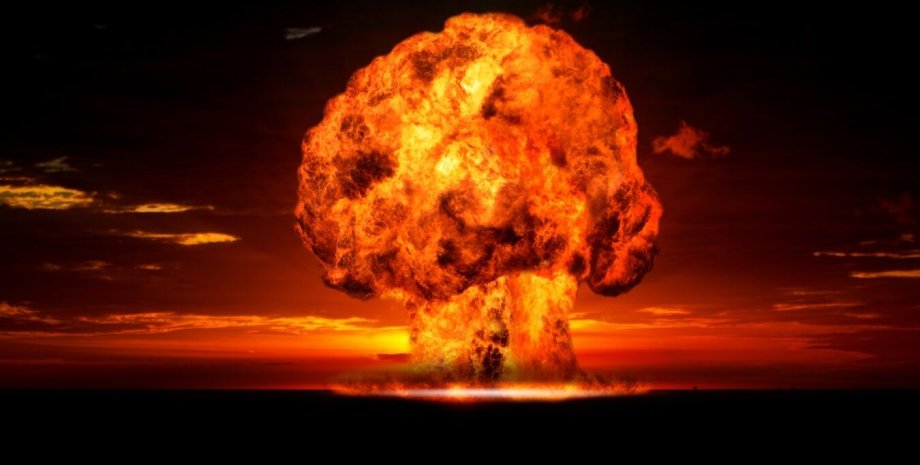
 By Natali Moss
By Natali Moss
Over the last year, artificial intelligence development has led to the fact that it is increasingly compared to nuclear weapons. However, experts in this matter miss the essence - the real danger is the rapprochement of AI with nuclear technologies.
As Katherine Owens noted: artificial intelligence robots are not going to be allowed to launch nuclear weapons buttons - this was prescribed in the recommendations of the National Security Commission on the AI, formed in 2019, and in the review of the Nuclear Policy of the Ministry of Defense for 2022, and also confirmed National Defense Powers for the 2024 Financial Year, Autonomous Artificial Intelligence Law, is designed to guarantee that this policy will be enshrined in law.
This does not mean that military technologies and technologies of artificial intelligence are kept separately from each other. On the contrary, military officials, researchers and defense industry leaders plan to increase the role of AI in the Armed Forces and weapons systems, including nuclear ones. Currently, it is difficult to find a single definition of artificial intelligence technology.
One group of scientists writes for the International Journal of Scientific Technology and Research that AI machines "respond to stimulation according to traditional reactions of people, given the human ability to contemplate, judge and intention. " Darrell M. West and John R. Allen from the Brooking Institute argue that AI is determined by three characteristics: "intentionality, intelligence and adaptability.
" These definitions are accurate but more relevant to computers ready to compete with people. To understand how AI can be influenced by Katherine Owens to imagine it as a huge data processing system. The amount of information it passes through itself gives it a certain level of "intellectuality" and allows to reflect human logic better than any other technology of calculations.
According to the information available, there are two levels of artificial intelligence technologies that are used in a military context. The first is the rules based on the rules. The person-military person sets the rules "if something" for the AI program so that he can generate answers upon receipt of certain input data.
The second involves artificial intelligence programs that use machine learning capabilities to process millions of data points for identifying and further "studying" patterns. The more data has access to the program, the better it can compare and evaluate scripts. In essence, machine learning is based on the probability: it can estimate the likelihood of a recurrence of an already detected template or event, and then "save" certain templates when necessary.
This can work, for example, the software for recognizing the face and voice. The two main industries in which AI fit into military systems are: command systems of command, control and communication, as well as strategic security and modeling of military games (Wargame). According to the analyst, these two categories have already undergone improvements in the field of AI and are the main focus for its further implementation.
Artificial intelligence plays an auxiliary role in the command, management and communication of nuclear weapons (NC3). He does this, first of all, by participating in the assessment of the situation, developing and forecasting response measures, as well as redistribution of forces.
Most weapons capable of carrying nuclear weapons, among other functions, rely on sensory data to measure the conditions, draw up a map of the terrain, assist in presentation and navigation awareness, as well as identify goals. Artificial intelligence systems increase the accuracy and volume of this information.
Artificial intelligence technology can be obtained by what the Massachusetts Technology Institute calls "structured data" of satellites, reconnaissance UAVs, booe and other sources, as well as "unstructured data" from Internet sources and perform "data conditioning". Further introduction of AI is faced with three main obstacles: after all, the relationship between artificial intelligence technology and nuclear weapons is determined by paradoxes, - writes Katherine Owens.
In spite of these contradictory topics, artificial intelligence in military technologies will not go anywhere. "We cannot fully know what will bring" Era Shi "to the defense and nuclear community, but there is no doubt that it will affect every nuclear warhead and every fighter," she summed up. Earlier, they wrote that the US State Department has developed a declaration of responsible military use of AI.










All rights reserved IN-Ukraine.info - 2022